When Rachelle Norberg looks out the window of her law office in Burke, SD, she can see evidence of the devastating tornado that tore through town about a year ago.
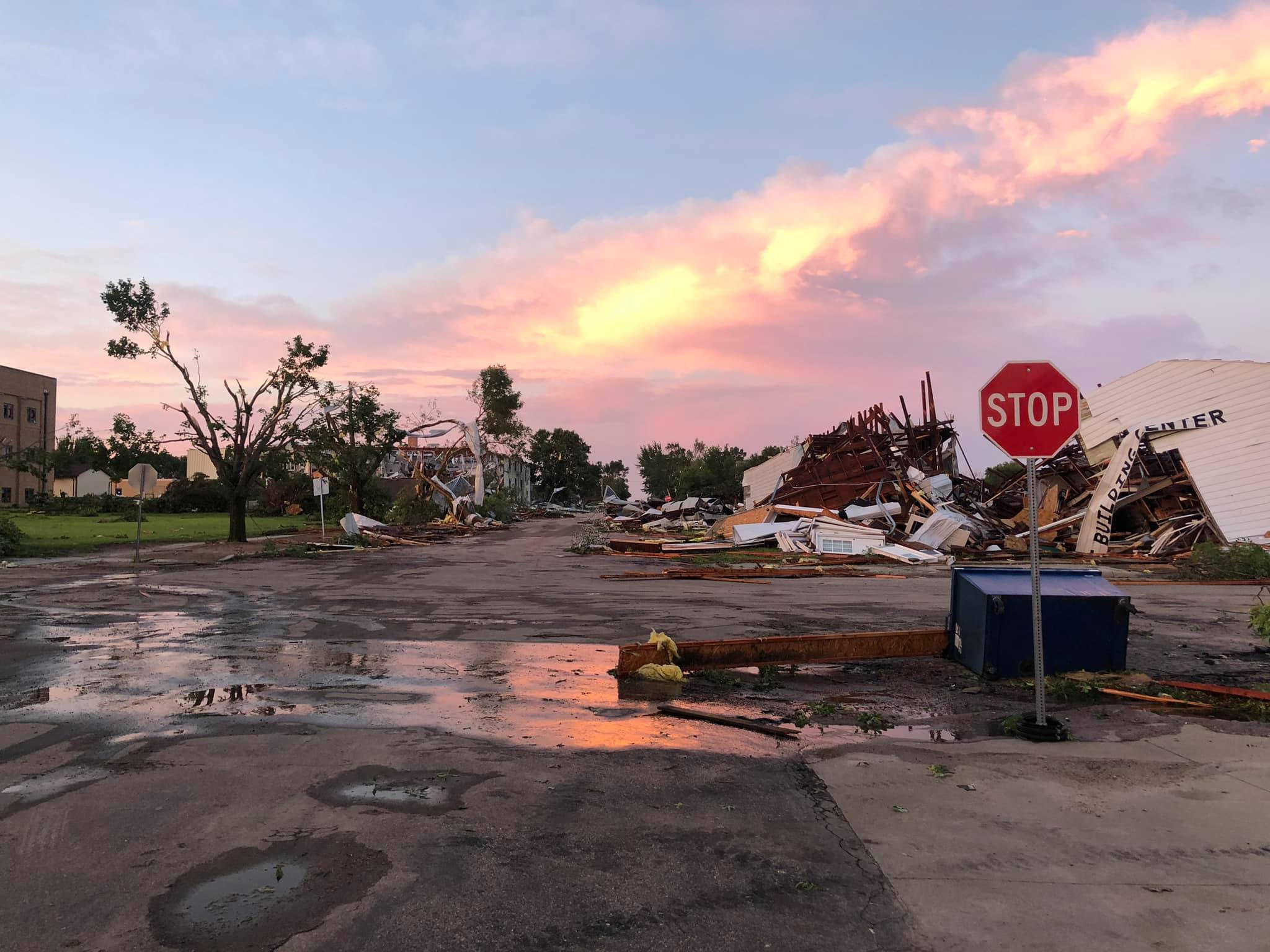
She can also see ongoing construction and evidence that the community is being put back together. As the city attorney and one of only three private lawyers in Burke, she feels the satisfaction of knowing she helped enable the 650-resident town to rebuild.
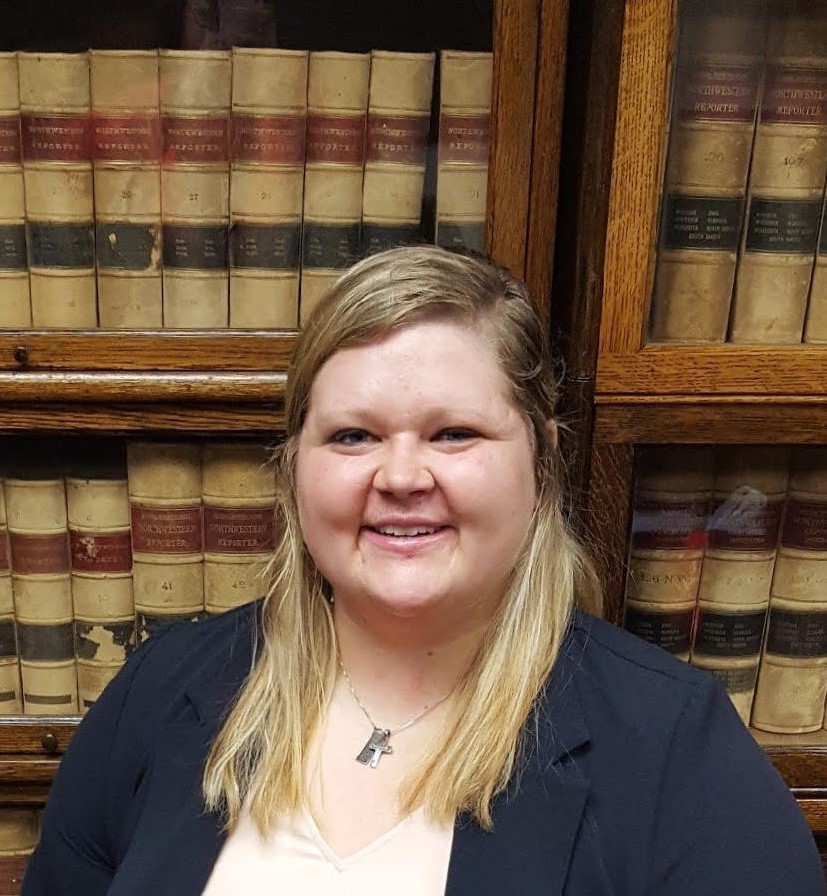
“I like the immediate difference I can see for people in my community,” she said.
Burke is in Gregory County, which has a total of 11 lawyers to serve its 4,200 residents. It’s what the American Bar Association considers a legal desert.
Although there are four lawyers for every 1,000 residents of the U.S., a new ABA report says nearly 1,300 counties have fewer than one lawyer per 1,000 residents. There are 54 counties with no lawyers and another 182 have just one or two lawyers.
“Many are parts of legal deserts – large areas where residents have to travel far to find a lawyer for routine matters like drawing up a will, handling a divorce or disputing a traffic violation,” the ABA report says.
Legal deserts in every state
According to the ABA, nearly every state has legal deserts. For example, New York has the most lawyers of any state with 184,000. There are 117,000 lawyers in New York City alone.
But between Buffalo and Rochester sits Orleans County on Lake Ontario. That county has just 31 lawyers serving 40,000 residents.
RELATED: Legal proceedings around the country move back into courtrooms, cautiously
RELATED: Doctors, lawyers team up to help low-income families
The paucity of lawyers in large swaths of the country was described by one expert as a crisis. And it’s a situation some expect to worsen as older lawyers in rural areas approach retirement.
That expert, Lisa Pruitt, law professor at the University of California, Davis, noted that research has shown that the populations of rural jails are increasing. She said that’s at least partly attributable to the fact that attorneys are not available to represent people when they’re first arrested.
Between 1970 and 2013, as incarceration decreased in urban areas, they rose 436% in rural jails, researchers have found.
“There’s a greater likelihood for people to be put in jail and stay in jail longer than they should if there’s nobody to represent them,” Pruitt said.
Individual rights violated without lawyers
At the same time, individual rights may be violated in all kinds of court matters, including child dependency and eviction, because nobody’s there to ensure those rights are protected, Pruitt added. “It’s kind of a who’s watching the watchers,” she said. “Who’s monitoring the court system if the judges and the officers of the court decide to play fast and loose? Where’s the checks and balances on the system?”
Pruitt co-authored with Lauren Sudeall an article in Harvard Law & Policy Review about legal deserts and their effect on rural access to justice.
“Legal deserts are a problem when people in rural areas lack access to lawyers, legal issues remain unaddressed and there is a heightened risk of rights violations, “ Sudeall, law professor at Georgia State University and the founding faculty director at the Center for Access to Justice, told Legal Examiner.
“In many states, lawyers in rural areas are aging out of practice,” Sudeall added. “And combined with shrinking rural populations in some states and the hesitation of new lawyers to practice in rural areas, I think the problem is getting worse. There are attorneys working in these areas, but often not attorneys who practice every kind of law, and likely not enough to meet the need.’’
High rates of poverty in legal deserts
Pruitt and Sudeall wrote that people in some rural areas suffer disproportionately from poverty, poor health, the opioid epidemic, deficits in education and a degrading environment.
The lack of attorneys in these areas also results in residents not knowing their legal rights and resources. For example, rural people who are disabled might not receive public benefits or employment and domestic violence victims are more at risk for serious injury.
Norberg expects the other two attorneys in Burke to retire in the next 10 to 15 years, leaving her the only practicing lawyer in town.
At 27, Norberg has been practicing in Burke for about two years. She said she hasn’t taken more than a day off for vacation in that time, but she knew that’s what she was signing up for. She does estate planning, real estate law, probate and a little criminal work. When people come looking for help in a divorce or other family court matter, she sends them to a neighboring town.
She says she went into the law as a career because she wanted to help people. And being one of the only attorneys in town has been immensely rewarding.
“Powerful” to have an immediate impact
“I think the most powerful thing that you can ask for as an attorney is to actually get to see the impact that you can make on your clients or your community that you’re in,” she said. “In a rural setting, there’s a limited number of people, so you get asked to do a lot of things and you have that ability immediately. You don’t have to wait four years for a case to resolve to see the impact that it has.”
After the tornado hit, she said, she spent the first week providing legal releases for property owners and performing other necessary legal work for the community.
About half a dozen businesses in the small town were severely damaged or destroyed, as were the community civic center and the school.
“I’ve spent the past year working with the City Council and our mayor to rebuild the city facilities,” she said.
Some states and law schools have created programs to encourage young attorneys like Norberg to work in legal deserts. The programs provide advice; they help the young lawyers pay their education loans if they remain in the underserved areas for specified numbers of years.
South Dakota, where some counties share judges who travel a circuit, is a national leader in this area with the state bar association’s Project Rural Practice.
But in parts of the country, law students don’t get any financial help if they choose to work in private practice in a rural area.
Iowa struggles to find lawyers for deserts
Attorney Phil Garland, 75, practices in Garner in Hancock County, IA. While he says there are sufficient attorneys nearby, the smaller, poorer counties in the southern part of Iowa are struggling and approaching or at the crisis level for lack of legal representation.
He said it’s difficult to persuade young lawyers to move to those areas for several reasons, the most significant being their overwhelming law school debt. Iowa doesn’t have a program like the one in South Dakota.
“Nobody has a program like South Dakota,” Garland said. “South Dakota is so far ahead of the rest of the country, it’s not even funny. It’s really amazing to me. I don’t know how they do it.”
In addition to Norberg, Austin B. Hoffman is a beneficiary of the South Dakota program, which he said will pay back 90 percent of his tuition from the University of South Dakota School of Law.
Hoffman, 34, practices in Eureka, SD, where he is the prosecuting attorney for McPherson County. He also does estate planning, real estate and probate law.
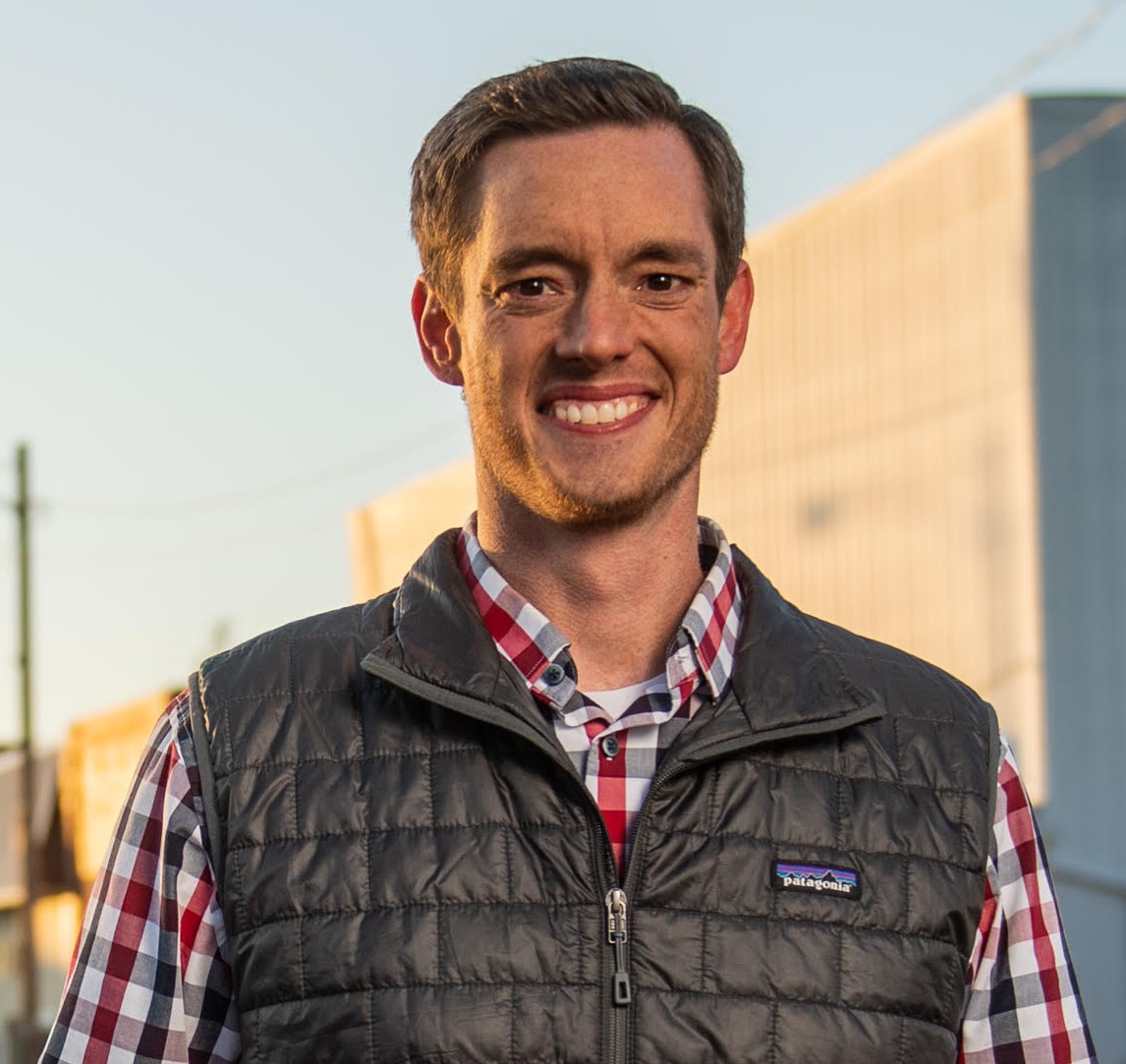
The crime in McPherson County, he said, ranges from simple assault to driving under the influence and minor drug offenses. “A lot of what we see is domestic issues,” he said.
He works in a law practice with a mentor who is expected to retire soon. He said he hopes to hire a secretary/paralegal around January.
“I am certainly open to the possibility of bringing in another attorney if I could find somebody who wants to move or live here,” he said.
Hoffman said the county has a population of about 2,400, with just two attorneys, including his mentor who will be retiring at the end of the year. Most attorneys he faces in court are from neighboring Brown County.
The young attorneys interviewed for this article all said they find the work rewarding in ways that working in an urban environment wouldn’t be. They said they are more intimate with the residents of their communities and can readily see the difference they make in people’s lives. They can get the kinds of hands-on experience right away that could take years in more densely lawyered areas.
California has abundance of lawyers and also has legal deserts
California has the second highest number of lawyers, with 168,000. San Francisco County has 23 lawyers per 1,000 residents. California also has seven counties considered legal deserts with fewer than one lawyer per 1,000 residents.
One of the California legal deserts is Lake County, population about 64,000, where there are 114 lawyers, according to the ABA report. That comes to about two lawyers per 1,000 people.
Kaly Rule, 30, is one of those lawyers who practices in Lake County, a rural area with a poverty rate of 18%. Years ago, the county, situated around a large lake, was a tourist destination. That changed over the years, and now the county has high rates of poverty and unemployment, Rule said.
Rule said she believes only about 50 attorneys are actively practicing in the county.
Anecdotally, she said, the economy is largely driven by marijuana. There are also wineries and a couple of hospitals that employ area residents.
Rule runs the self-help center for Lake County courts. She helps residents fill out court forms, focusing on family matters, eviction and small claims. She expects to receive help to pay her law school tuition loans through a federal government program that provides loan forgiveness after 10 years of working for a non-profit or government agency.
In court, Rule said, she sees the same five attorneys over and over again.
Some savvy parties who are seeking divorces will schedule appointments with every family attorney in the county, she said. That forces the person on the other side of the divorce to spend more money by getting an attorney in another county, Rule said.
Residents question if they’re getting a fair shot
All the local attorneys know each other, of course, Rule said. And sometimes this creates issues for residents who question whether they’re getting a fair shot in court, especially if they’re not represented.
Rule said attorneys in the area are getting close to retirement, meaning there soon will be even fewer lawyers.
Legal document assistants and paralegals have stepped in to do a lot of work, which Rule said borders on practicing law. This “makes me uncomfortable as an attorney,” she said, but is one of the only options for people who can’t afford a lawyer.
Rule said such services are going to be more important as more attorneys retire. She thinks there need to be strong consumer protections so residents who use them understand the limits of what document assistants can and cannot do.
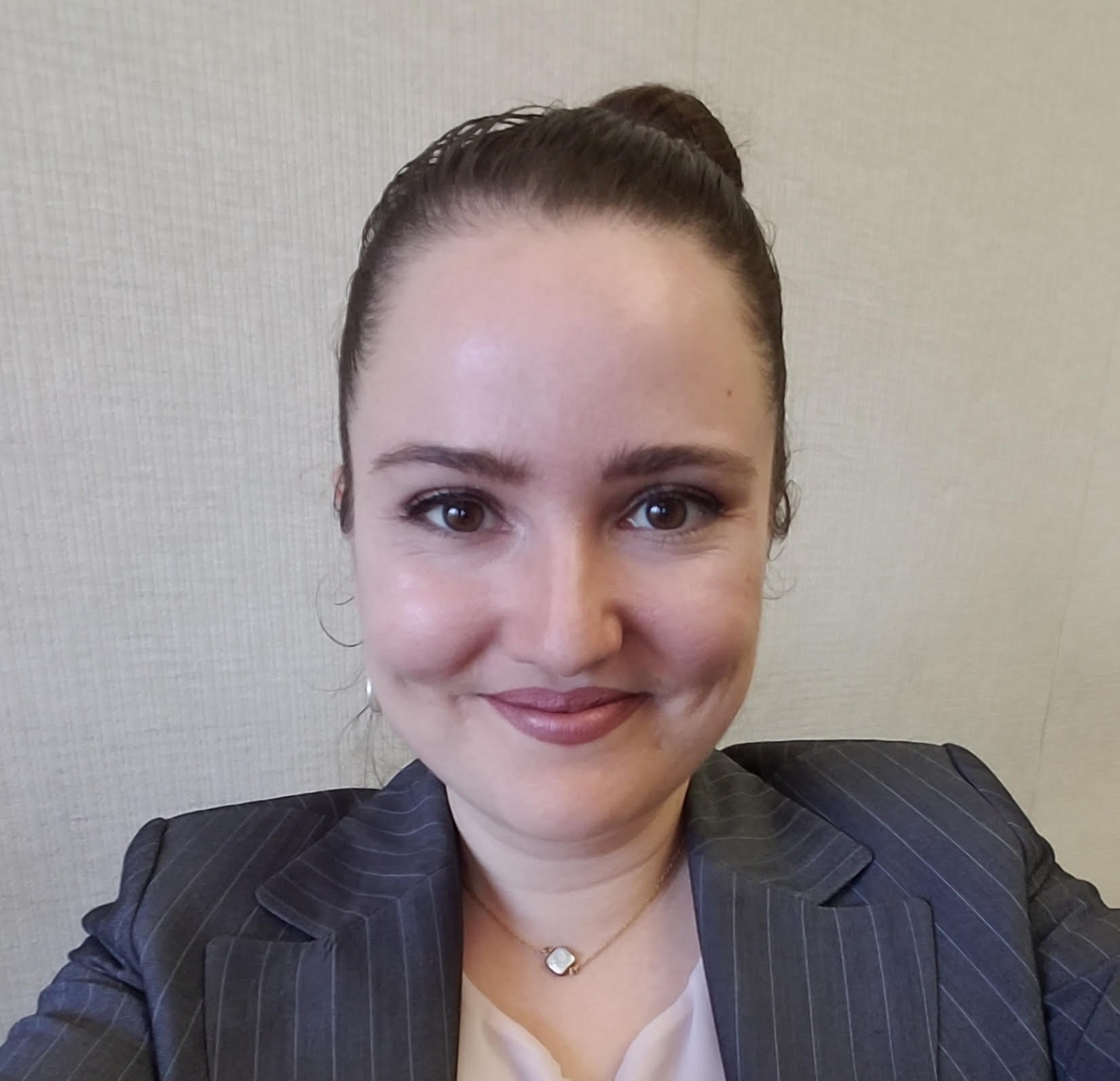
“My biggest concern is that there be a robust system to stop people from misrepresenting themselves as attorneys and from giving legal advice outside of the scope of what is allowed,” she said.
Rule has worked in Lake County about three years and plans to stay.
“I really love living here,” she said. “I like the small-town feel. I think people have a stake in the community.”
Rule said she worried about living in a conservative area because she’s queer. But she’s found “nothing but acceptance from most individuals even if we don’t agree on all points.”
Her friendships, she said, are more varied than they would be in an urban area. Her friends have different viewpoints and aren’t as siloed in their beliefs.
“The wins are incredibly satisfying,” she said. “You see people who actually do get better, stop doing drugs. … That’s the best feeling.”
A certain type of personality needed
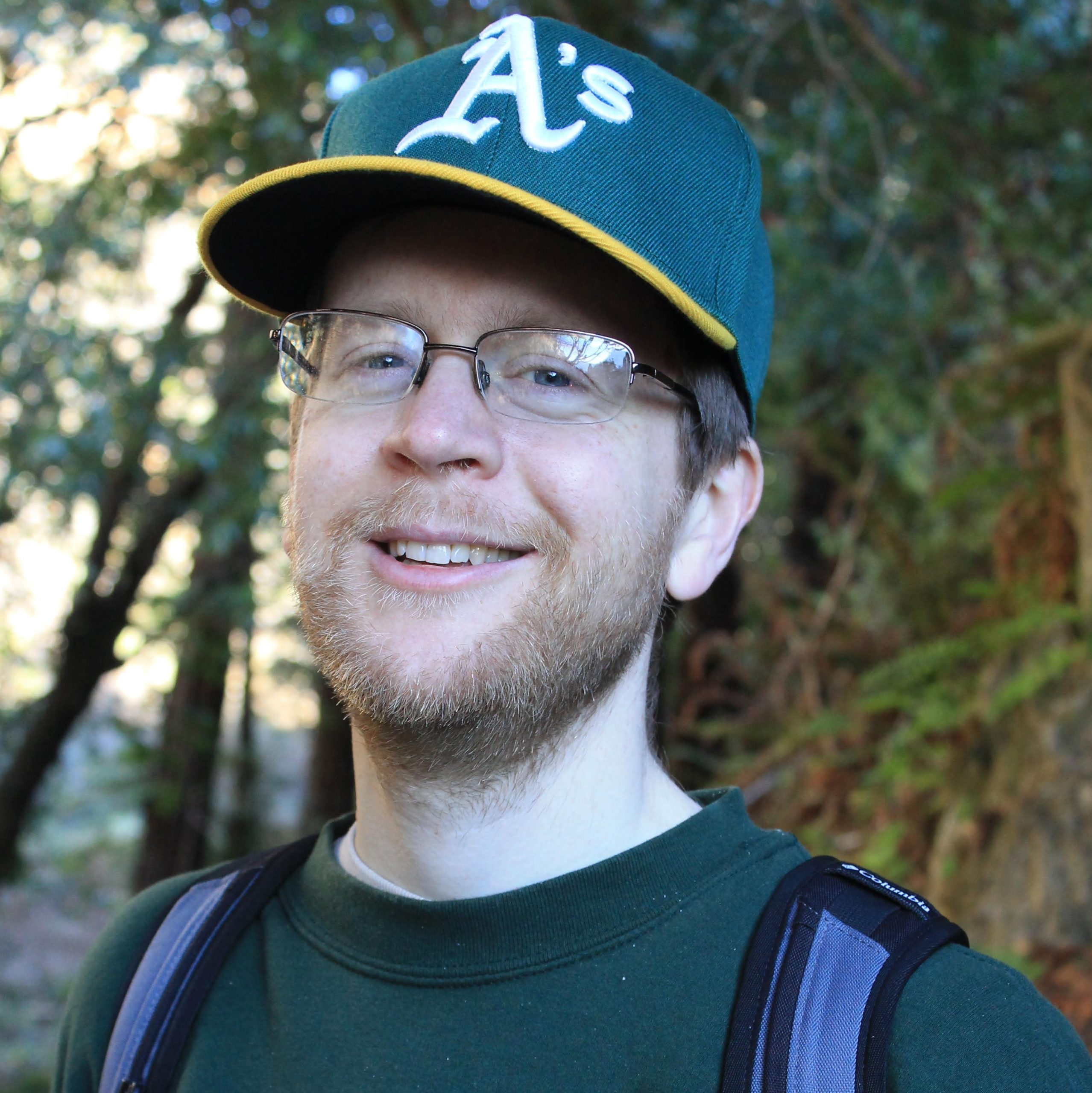
Alexander Rich, 37, practices in Ukiah in neighboring Mendocino County, where the ABA says there are 288 attorneys serving nearly 87,000 people.
Rich said residents must seek attorneys in Sonoma County for certain specializations, such as bankruptcy. And people living in some outlying areas of Mendocino County must drive two hours to get to an attorney.
Because he’s in private practice, Rich said he didn’t get any help with his student loans. But he said he’s been able to make enough through his work to pay for his schooling.
And, as with other legal deserts, Mendocino County will soon have even fewer attorneys because of retirements.
“It takes a certain kind of personality to live in this kind of environment,” Rich said. “People want to stay in bigger communities. … It’s true we don’t have the amenities they have in the big city (but) it’s not that big of a drive to get to the big city from here.
“For somebody that’s looking for quality of life, I would think this would be the kind of place that you’d want to come.”
Contact Elaine Silvestrini at [email protected]. Follow her on Twitter at @WriterElaineS.












